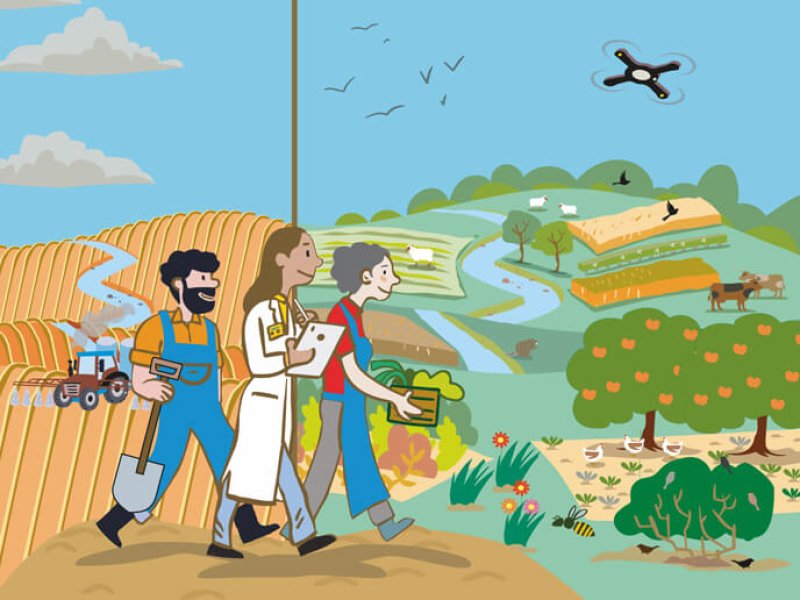“Some might say agroecology is catching on in the world, and it is true that the momentum is undeniable,” says Pierre Ferrand, [of the UN FAO]. “But why is something so compelling also so contentious?”
Ferrand moderated a recent Asian regional dialogue to discuss a new compendium from the Global Alliance for the Future of Food, “The Politics of Knowledge,” which explores the global knowledge surrounding agroecology while tackling misleading narratives and questions that may be undermining its expansion.
The compendium presents multiple case studies demonstrating agroecology’s ability to build climate resilience while equitably nourishing communities. According to the FAO Tool for Agroecological Performance Evaluation (TAPE) methodology, agroecological farms score higher on several metrics including dietary diversity and food security; benefits for family farming; better soil health; more agrobiodiversity; and greater presence of beneficial animals and pollinators.
Yet as a pathway to more sustainable food systems and transformational change, agroecology remains contested. Ferrand says that some funders, researchers, and policymakers are skeptical of agroecology’s viability, profitability, and scalability.
“The same questions [that are asked of agroecology] are seldom asked of industrial agriculture,” says Ashlesha Khadse, [a non-profit director]. “Where is the evidence that industrial agriculture will feed the world in the face of the looming climate crisis, in the face of a crisis of inequality?”































